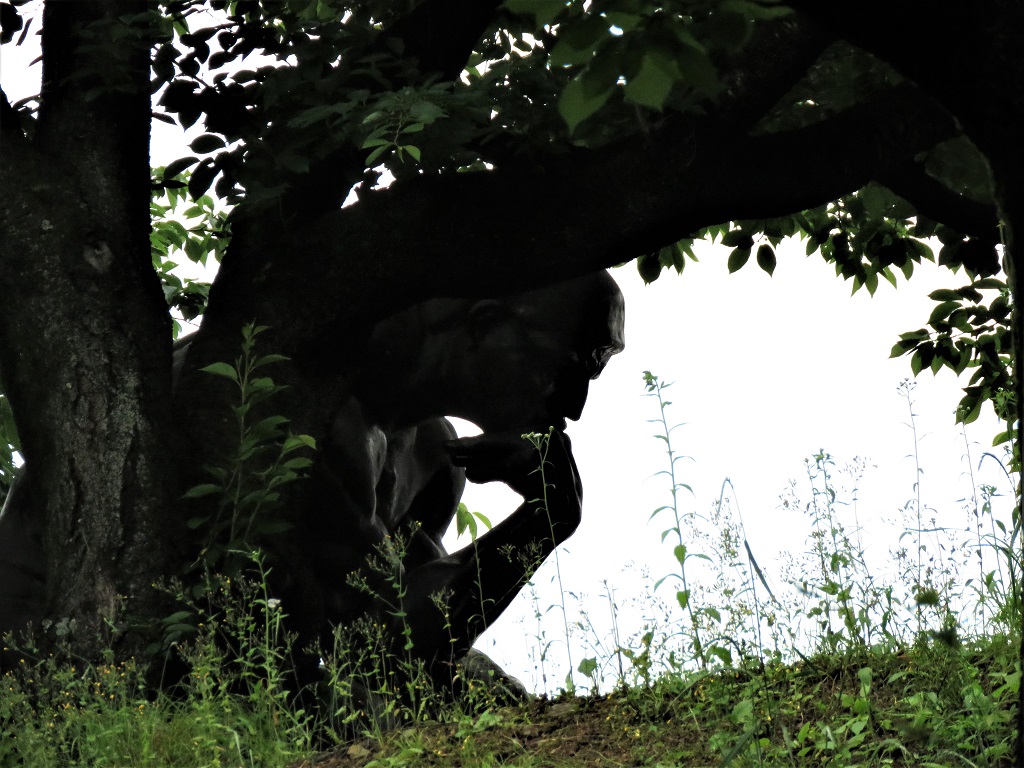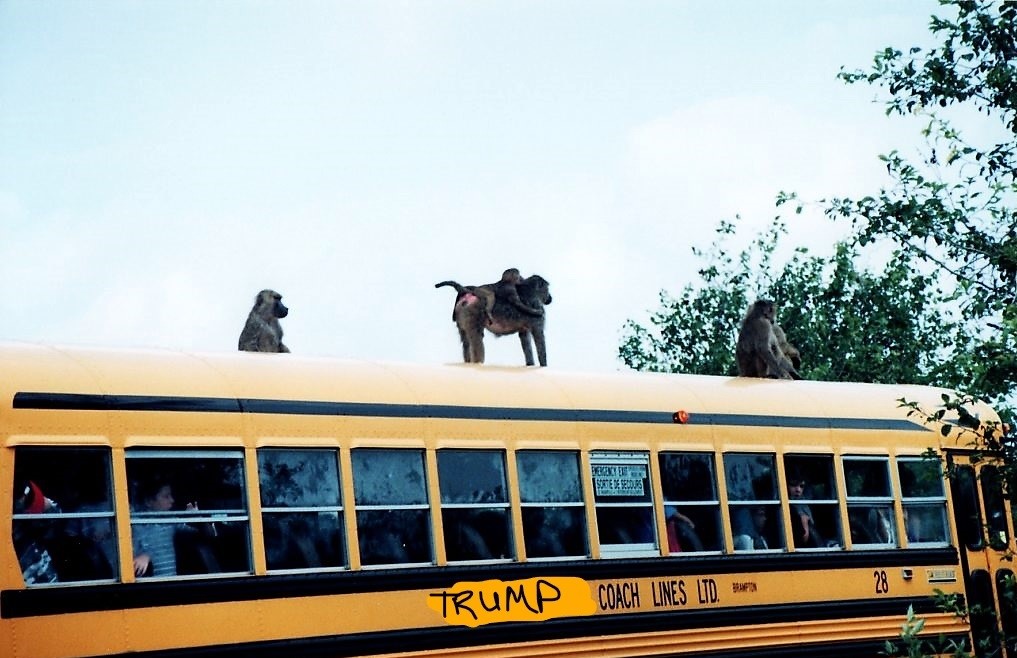Tagged: political philosophy
To interpret a thing is to categorize it. We may categorize only in accordance with existing categories, of course, which in practice — an obvious point but one easily forgotten — means in accordance with categories we know. Hence, the limits of interpretation, for each man, are determined by the modes of existence that he himself has previously recognized or intuited from his...
The other day, I had a written exchange with a Korean student about the problems of modern education, and specifically the narrow agenda-driven nature of modern teaching content and methods. Along the way, as one example of the problem, my student noted the gulf between political theory as presented at school and the lessons in political philosophy that she and I had discussed...
Cultural appropriation is a thoroughly Western notion. Therefore, every non-Western intellectual or activist who declares cultural appropriation in defense of his own society’s exclusive rights to its local customs, fashions, or language is actually committing cultural appropriation in so declaring. For, on the premises of the progressive argument, he is employing ideas to which he has no right, grounded in intellectual concepts and...
Oligarchs play demagogues to cajole and placate the ill-informed, safety-and-comfort-obsessed majority by inciting distrust and hatred of the genuine best men — the sober, non-tribal, intellectually courageous lovers of goodness and beauty. Together, these two groups, the demagoguing oligarchs and the ignorant majority, forge a tyranny, operated by and for the oligarchs, but advertised as being operated by and for the safety-and-comfort-obsessed majority....
Anti-elitism, as an abstract tenet or populist mantra, fosters anti-intellectualism, which in turn engenders a disregard for historical precedents and precursors — this last, the blindness to precedent, being an indispensable gear in the machine of progressivism. I have called Trumpism a cult — never meant figuratively. I have written of ten signs of any cult that are all easily applicable to Trumpism....
The roots of political philosophy grew from Socrates’ lifelong frustration with all the politicians, rhetoricians, and sophists active and influential in the political arena, who through all his attempts to question and challenge them on this issue, could never provide one rationally plausible definition of politics’ essential concern, justice. In short, Socrates found that none of the men important in the political life...
A country that raises most of its children in compulsory retardation factories will end up with an adult majority incapable of thinking rationally, restraining whims, understanding the long-term implications of choices, or voting like informed and responsible free men. No one should be surprised by this. If forty-seven percent of a nation’s voters sincerely believe that their best chance to save their country...
How much of the challenge of political philosophy is rooted in deficiencies of available language? How many essential truths have failed to reach the ears they needed to reach at the critical moment, merely because the individuals who saw those truths lacked universally familiar points of reference with which to communicate their lightning bolts with sufficient precision, or at least with the shattering...
This American moment looks strikingly similar to the early days of the Trump cult. Much as we saw in early 2016, people who formerly seemed reasonable and reasonably “conservative” are being peeled away from their reason and into media-stoked lunacy over this virus outbreak, and suddenly turning on anyone who dares to espouse the principles in regard to this issue that they themselves...
The other day, I listened to a recent Hoover Institution interview with Thomas Sowell, in which the interviewer, Peter Robinson, a milquetoast Republican type, asked Sowell to assess the presidency of Donald Trump. To be precise, he cited Sowell’s friend and fellow free market defender Walter Williams, who while criticizing Trump’s character nevertheless believes that he is “a good president,” offering as evidence...








